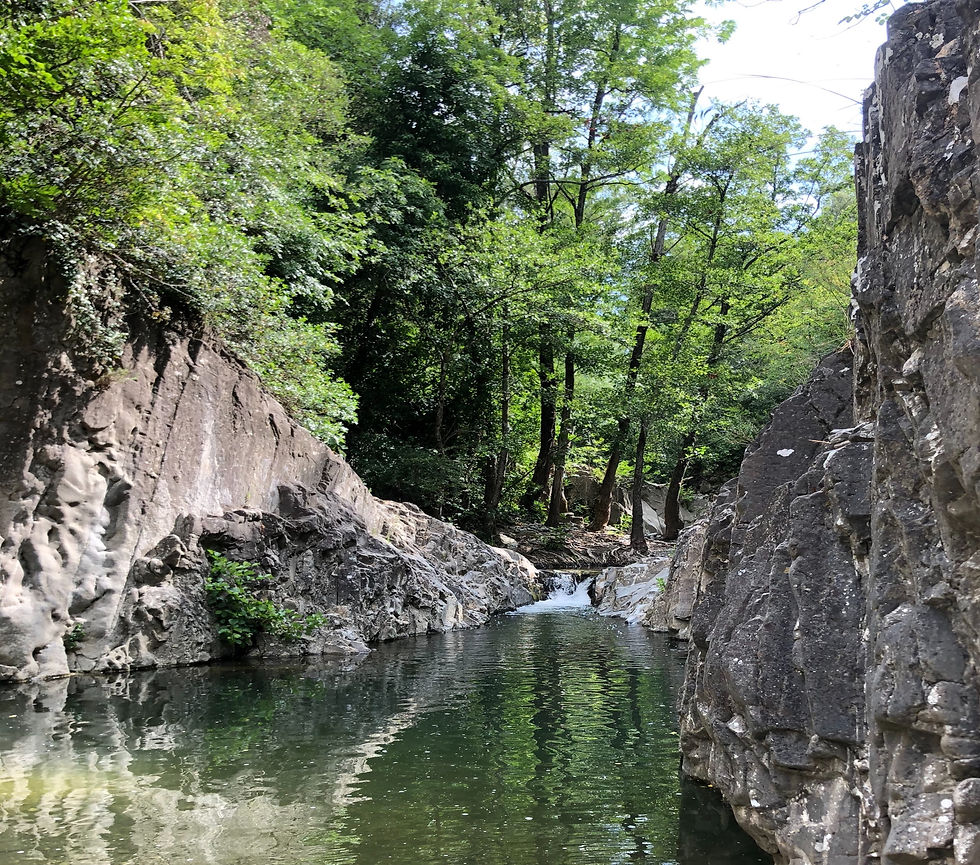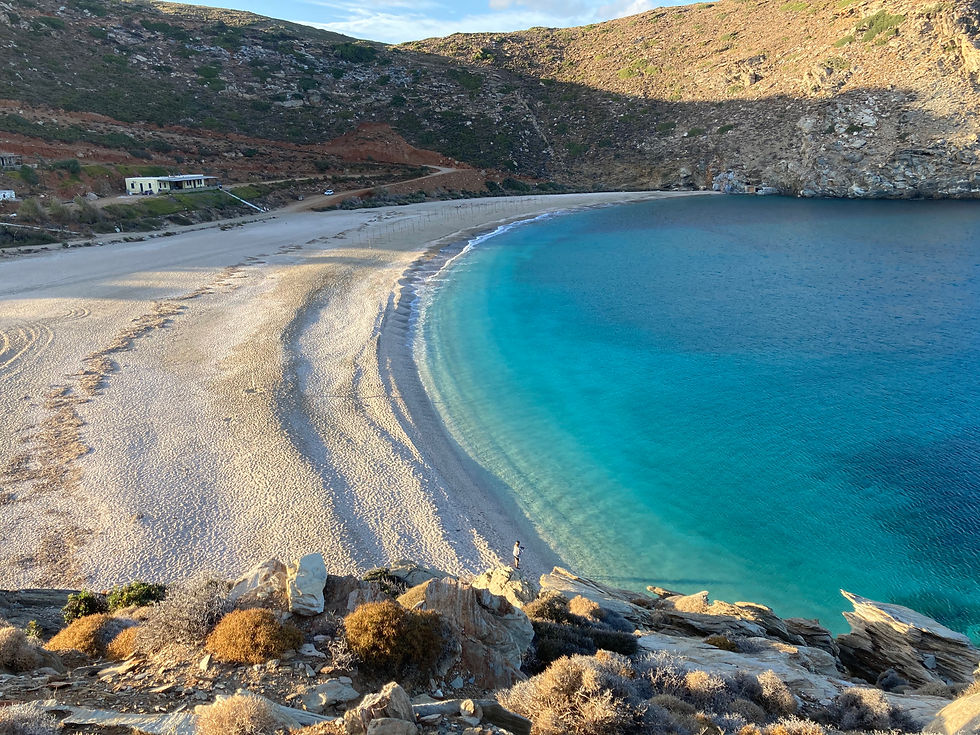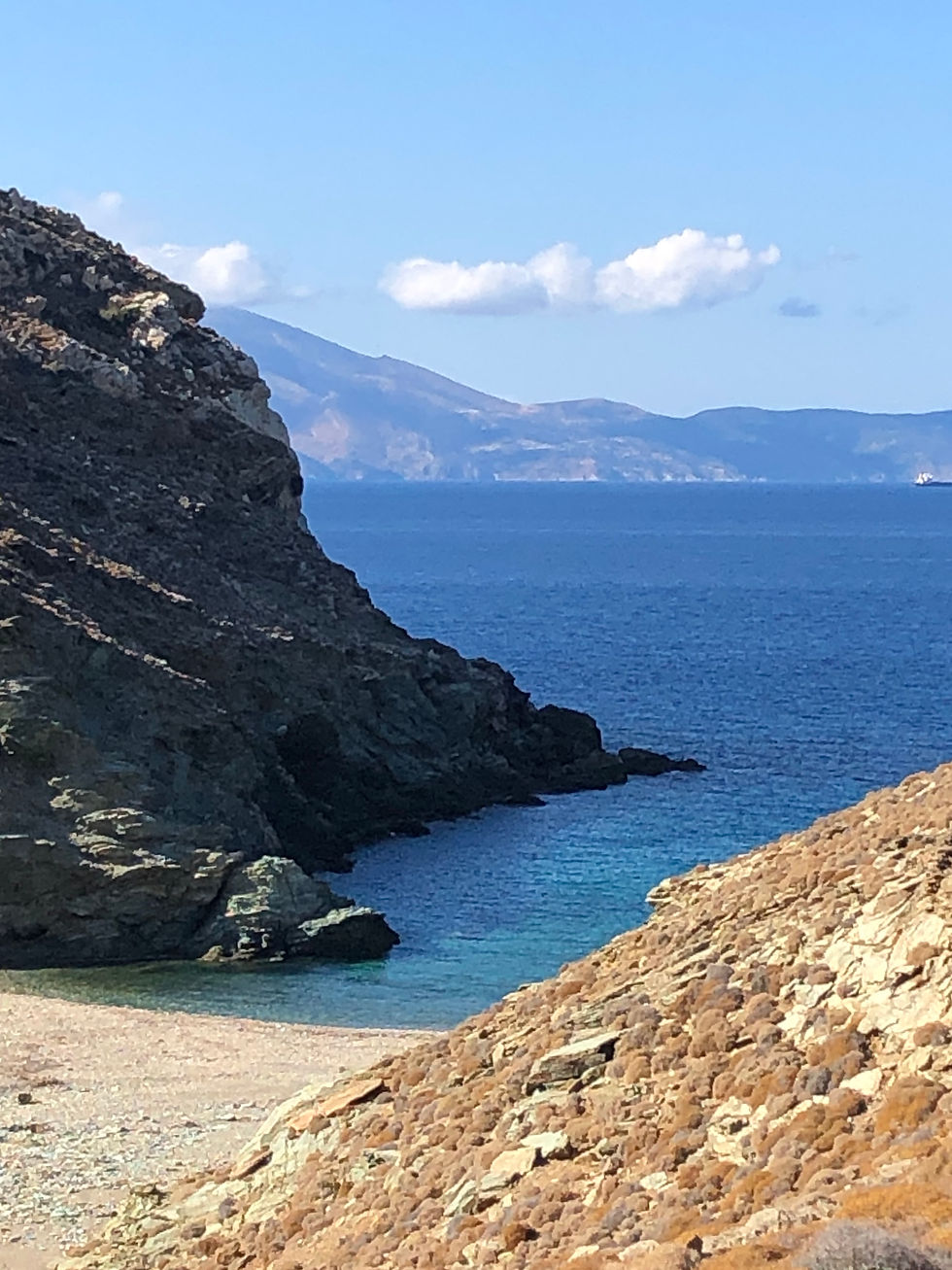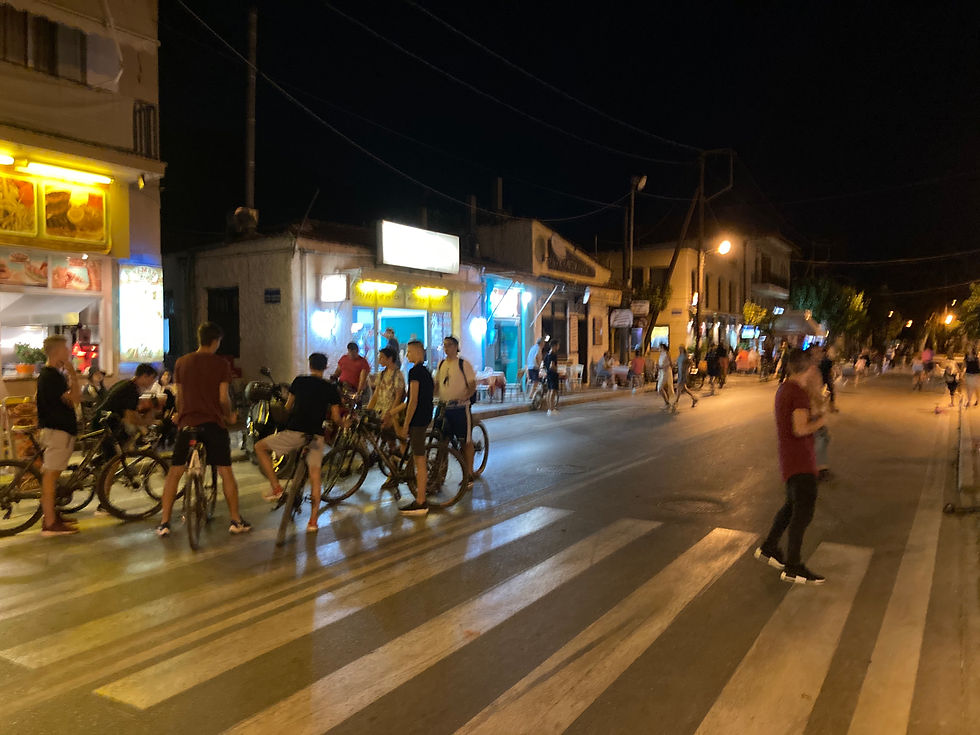
Colin used to take us to the airport in a flashy Chrysler that he drove too fast, eyeing us in the mirror like Al Pacino, while whizzing down the outside lane of the M40 with one hand on the wheel. But suddenly, a couple of years back he wasn’t doing it anymore and was learning to drive a digger. The word on the street was that he’d had his licence revoked because he hadn’t told his insurers that he was using his car as a taxi. I have some sympathy with this – it sounds a bit like the GMC!
Iqbal had occasionally done the airport trip and took over Colin’s book when he ‘retired’. A punctual and polite Pakistani from Kashmir who enjoyed trading superlatives with Carolyn about Nangaparbat and the beauty of the Swat valley, which she had visited many years ago with Peregrine. He drove nearly as fast, but generally had both hands on the wheel and occasionally looked at the road. We got to know him a bit, but then saw him less and less as he got busier and it was one of his other drivers who did the airport run.
But on Friday there was Iqbal in a silver Mercedes as long as a bus, smiling as he stood waiting for us with the boot open.
We asked how it was all going. ‘Not too bad. Not too bad.’ I was sure that wasn’t the whole story.
He loves to chat and led on by Carolyn’s empathy, the tale unfolded. In February he had finally got home to Kashmir to see his Dad, with the promise that this time he wouldn’t be rushing back, he really would stay for the proper visit as he’d always threatened, his team of ten drivers quite capable of looking after the business. Three weeks later there wasn’t any business and he had to disappoint his father once again. He flew home for a crisis meeting with his partner, the upshot of which was the decision to lay off the self-employed drivers and sell the fleet of ten cars. He got a good price for the vehicles (‘I’ve got contacts you see,’) but had no income.
Iqbal is not the kind of guy to look to the Government for help. With his affable opportunist banter, and engaging openness I can see how effective a networker he must be. One of his mates in Aylesbury runs a pizza shop. Iqbal asked if he needed someone to help with deliveries. ‘Maybe, but not in the that flipping great Merc,’ was the reply. This was the one car he had not sold as it was brand new and the only memento of his successful business. He saw a little Nissan in his road for sale for £900. An hour later he had bought it for £700 cash and started doing Pizza deliveries. He soon realised that some of the deliveries were being done by Uber drivers. He signed up for Uber and doubled his work. He then learnt that he could do the same for Deliveroo. He could juggle the shifts doing one for Uber in the middle of the day, and then one for Deliveroo in the evening, as well as looking after his mate in the Pizza shop. Last week he had a bet on that he could make a grand in the week. He lost; he only made £990.

Amongst his business ideas he always thought that a cleaning company might be a flier, and during the earlier part of lockdown set up a website. He got a few calls and did some work. He acknowledges that he had no idea what he was doing, but as the jobs have come in, he has got better, bought the right gear and has learnt on the job. I can imagine that with his availability, enthusiasm and chipper banter the business will flourish.
His son isn’t doing so well. He got his degree in May and is looking for a job in computing. There isn’t much around and he is frustrated that he can’t find work.
“What about delivering pizzas?” his Dad suggests.
“But I’m a graduate Dad, I’m not delivering bloody pizzas.”
“Of course, I never went to uni,” Iqbal reminds us. “I didn’t need to.”
As we part, he asks if we want to buy any leather jackets. He is importing some from Pakistan.
“Really good quality leather,” he assures us, “we can copy any style…. Think about it.”
I wonder what new ventures he will have come up by the time of our return.

The airport is empty, it’s a joy to be alone at the check-in desk and have no queue at the scanner, but it is disquieting; I am conflicted by my abhorrence of the previous fervour and melee on the one hand, with the clearly non-viable situation now. But we feel safe. The seating is spaced, and the queues managed effectively. The plane is half full, although I was surprised to learn that this was due to lack of demand not safety. We wear our masks and get served a ‘brown bag’ snack with drinks available. Then we are landing, strolling through the empty arrivals hall and find our bus to Rafina.
I am feeling somewhat guilty that as, once again, things get worse from the Covid perspective, we are doing a runner and abandoning ship. Perhaps it has taught me something about my own impatience and intolerance, that I found I was longing to get away from the inexorable torrent of gloomy newsfeed that unavoidably assails us at present. It is not as if one is a conscientious objector stepping aside from a responsibility and commitment, rather the opposite; that the sense of impotence fuels helplessness and even a sense of failure. What can one do except wring one’s hands, moan and try to keep out of trouble? Well perhaps escape to a different landscape, geographically, politically and socially.
Isolation seems to be the mot juste at present, and breaking out of the confinement underpinning that emotion, is surely fundamental to the current viral resurgence. But Greece continues to have low levels of disease with less than 500 deaths, albeit that the islanders tell me that Athens is now in trouble. I can’t find figures to support that – at least not by UK standards.

On the island we have to wear masks indoors, but life goes on pretty much as normal. It is a quiet time of year. The tourists have gone home and the beach tavernas are shut. The days are warm and clear, the sea inviting. The one case of Covid on Andros, that of a disc jockey from Athens, did not result in an epidemic. The Greeks are slightly smug about their management of the pandemic, but deservedly so. They have all tried to obey the rules set in place by a Government that has the respect of most of the population. Seemingly something not feasible in the UK. Maybe luck has a something to do with it especially in the context of the social behaviour of the Greeks, which leaves me a little confused.

It is now late evening and we are sitting in the square in Rafina with a beer. The platia is full of people of all ages. The old are generally sitting, frequently with nothing on the table in front of them, save a backgammon board or a tsipero glass, perhaps someone will be distractedly fingering worry beads. The young are standing, chatting and drinking, or maybe finishing a meal; same the world over, nothing remarkable there. What is different is the kids. Everywhere the young are here and there in groups or pairs, giggling, cycling, half playing tag or mock-fighting. Here secrets are being traded, there gossip whispered. Under a tree, pre-pubescent future gang leaders are plotting takeovers. Walking across the marble, arm in arm tight-panted twelve-year-olds, wish they were teenagers. It’s all happening here on the square, as it has been all summer, something just not seen in the UK. But not only here, everywhere I have been in Greece shares this communal summer on the platia. An inclusive time for families, friends and visitors. I accept that it may largely be due to the difference in climate, but here the kids aren’t glued to their screens, they are being social and having fun. The question that I find hard to answer is how can this immensely sociable country has avoided Covid?

The WHO has identified five ‘Blue Zones’, geographical locations where exceptional longevity has been proven, they include Okinawa, Sardinia, Nicoya in Costa Rica and Icaria bang in the middle of the Aegean Sea, not 40 miles from the window in Andros from where I sit. There are various reasons posited for these genuine extensions to the average lifespan; amongst the logical, measurable, factors of diet, genes and exercise are the looser variables of social inclusion. Most of the village houses in Icaria cling to the sides of steep hillsides with narrow tracks not suited to the horseless carriage. If you want your spanakopita or your glass of raki you have to walk down to get you it, and then walk back up again. Importantly you stop to pass the time of day with your neighbours while you catch your breath. It seems you don’t have to like your neighbour, mercifully nobody is suggesting that, but perhaps share values and be generally affiliative in your attitude and smile inanely at the tourists. Perhaps you have to value your homeland.
Noorena Hertz, whose previous books I have admired for their learnedness and pertinence, has just published a new title ‘The Lonely Century’. She blames various things for the lonely consequences of the unravelling of community, including the dismantling of civic institutions, mass migration to cities, radical reorganisation of the workplace and the demons of small screen apparent connectedness. Hertz argues that even before social distancing society was becoming more distant, with disastrous consequences for personal well-being, leading to an epidemic of loneliness fuelling political populism. I agree with her that these are things we need to worry about.

The Greeks have given us many things: words, thoughts, political systems, games, Gods and ouzo to name a few. I don’t know whether Hertz includes Greece in her analysis, but perhaps one of the reasons why we like coming here is because of the sense of community and inclusiveness, and that’s without speaking the language. That maybe key; If I could understand the venomous insults and petty trivia that they were trying to convey, perhaps I would stay at home! Some of it may be due to ‘small island mentality,’ but it is not just on Andros that this affiliative attitude prevails. Greeks are hospitable and like to be liked. They love where they live, as opposed to most of us who wish we lived somewhere else.
But loneliness is clearly an issue for us all now and into the future. Helen Macdonald, (her of H for Hawk fame) writes beautifully in her new collection of essays about identifying with the falcon eggs she was hatching in a room housing the stark angular incubators, so different from the soft comforts of nest and maternal feathers. As someone who has always felt something of a loner, was a premature twin, and whose sibling hadn’t survived, being separated from her mother for weeks in a hospital incubator herself, she found disquiet in the temperature-controlled room of developing eggs. She writes.
“…those weeks of white light lying alone on a blanket in a Perspex box had done something wrong to me that echoed with a room full of forced-air boxes, held in moist air and moved by wires. Now I could put a name to the upset I felt. It was loneliness.”
Iqbal isn’t lonely. He doesn’t have time. His work defines him, as it does so many people I respect. But he wishes he was somewhere else amongst the apricots and almonds of Kashmir. Maybe another element Noreena Hertz needs to consider is whether part of our problem is that many of us wish we were somewhere else; we feel our country is now lost to us, provoking a sense of hopelessness and sadness and enhancing loneliness. Escape may be remedial, but it may not address the underlying condition.

You crafty devils - sneaking off to the sunshine. I have just helped my neighbour jump start his motor car with dead battery and the rain was freezing cold.
But the highlight of my week was a trip to Usk in Wales to collect a wonderful small turret clock which once graced a gentleman's stable block. Top quality, made in 1868 and included the dial and bell.
The lovely man who sold it to me is a retired pathologist and clockmaker . As we drank coffee on his raised patio I gazed at the 180 degree uncluttered view and thought, " Brill aint got nothing on Usk". I spotted Raglan castle.
Reading Matthew Bell's piece in the current issue of…
You'd do absolutely anything to avoid meeting us on a freezing cold hillside in torrential rain to stomp about and have a picnic!!!